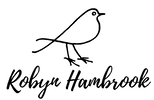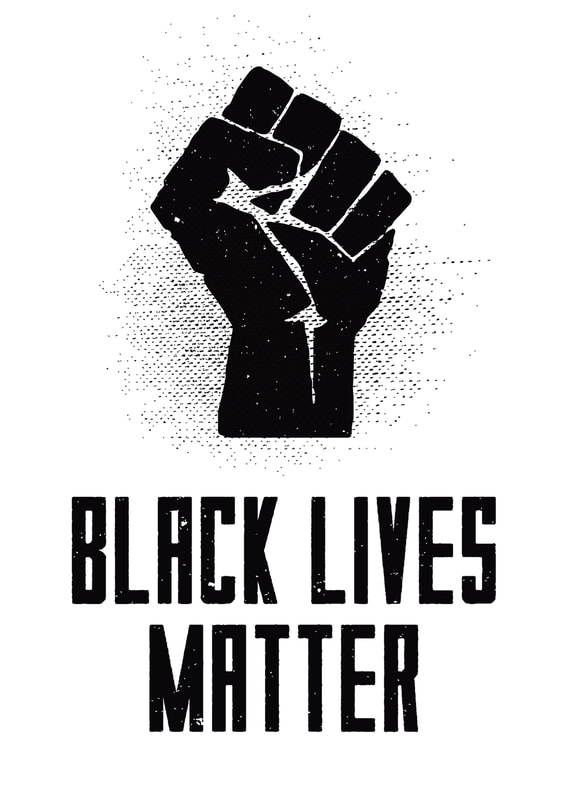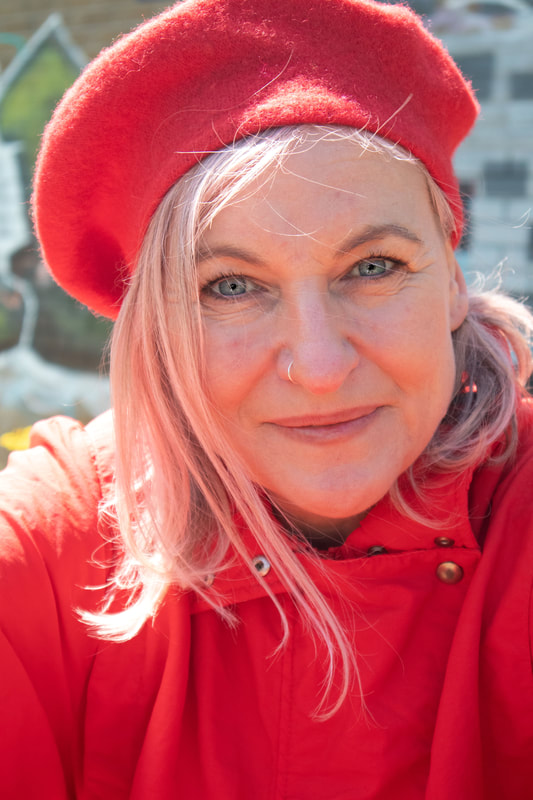|
We are living in strange and turbulent times with great revolutionary potential. I am hit by waves of emotion as tens of thousands of protesters have taken to the streets to have their voices heard. Calling for an end to the deaths of black people in custody. To speak out against the systematic racism embedded in our society and for an acknowledgement of our oppressive colonial history.
I grew up in apartheid South Africa where racism was written into law. For my parents generation, if you were white and opposed to that vile regime, speaking out could cost you your freedom. Liberal people were branded communists, and communists could be put in jail without trial. Living under the politics of racism and segregation, the threat of army conscription for my dad and violent oppression of black citizens, was too much for them. We left in 1986. We were lucky (and privileged) enough to be able to leave and moved to a small green utopia in the pacific: New Zealand. There I could grow up in a safe, liberal country. But Colonialism leaves a stain in more ways than one. New Zealand has its own racist history and institutional racism to acknowledge and root out. “Māori are six times more likely to be handcuffed, 11 times more likely to be subdued with pepper spray, six times more likely to be batoned, nine times more likely to have dogs set on them, ten times more likely to be tasered and nine times more likely to have firearms drawn against them by police.”[1] As the Black Lives Matters protests have highlighted, this institutional racism is still rife in the “liberal-democracies” of the USA and UK. Working within these political systems has not enabled people from BAME communities to be heard. If it had there would be no need for them to protest. And if you protest (even in the UK or USA): pepper spray, rubber bullets, beatings, cavalry charges and kettling are all potential hazards. On top of the risk of arrest due to anti-protesting laws. But we must continue to speak out. We need to speak up for truth and justice, against oppression and inequality. We can use our voice to echo and amplify the voices of others who need allies and support. We can offer our voices in solidarity of the Black Lives Matter movement. And we must raise our voices together. Clowning can offer a unique and beautiful voice to work with in protest. Clowns speak truth to power. That is one of their historic roles as the court jester or fool, able to highlight the king’s failings with relative impunity. Clown can hold emotional spaces and are able to explore difficult subjects with playfulness and innocence. The clown also reminds us of our humanity. They can see past the anger and the fear to the scared child beneath and ask the simple question, “do you need a hug?” And let's not forget that the clown can also bring joy to the oppositional spaces of protest; connecting us all through humour and play. Would you like to explore your voice through the clown? Here are three wonderful clown workouts to find, unlock and raise your voice: “I am, I am, I am" – is a wonderful exercise led by Jacqueline Whymark that helps you connect to your voice by drawing strength and power through 3 simple sentences, each beginning with ‘I am…’ https://www.facebook.com/media/set/?set=oa.242369373806760&type=3 “Singing the Sound” – Aisha leads us through a joyful exploration to find the sonic resonances of objects around us. https://www.facebook.com/media/set/?set=oa.251352596241771&type=3 “Voice workouts” – Artie Godden offers three different vocal exercises from different clown pedagogies to explore the playful spirit of the voice; ‘Opposites’, ‘Sing a Song you don’t know’ and ‘Asking questions’ bring a lovely connection to pleasure and authenticity and play. https://www.facebook.com/media/set/?set=oa.252891132754584&type=3 [1] nzherald.co.nz/nz/news/article.cfm?c_id=1&objectid=12338655
1 Comment
|
AuthorCreative research into the meeting point of clowning and activism Archives
May 2024
Categories |
ABOUT ROBYN
Robyn is a Bristol-based director, teacher and performer. With over 20 years experience she is a passionate practitioner of clowning, physical theatre, circus and street arts. She has a MA in Circus Directing, a Diploma of Physical Theatre Practice and trained with a long line of inspiring teachers including Holly Stoppit, Peta Lily, Giovanni Fusetti, Bim Mason, Jon Davison, Zuma Puma, Lucy Hopkins and John Wright.
Over the past five years she has been exploring the meeting point of clowning and a deep desire to address the injustices in the world. This specialism has developed through her Masters Research ‘Small Circus Acts of Resistance’, on the streets and in protests with the Bristol Rebel Clowns and in research residencies with The Trickster Laboratory. Robyn’s Activist Clown research has led to collaborations with Jay Jordan (Laboratory of Insurrectionary Imagination, France), Clown Me In (Beirut), LM Bogad (US), Hilary Ramsden (Greece) and international Tricksters; ‘The Yes Men’ (US). During the pandemic in 2020, Robyn set up The Online Clown Academy with Holly Stoppit and developed a series of Zoom Clown Courses. Robyn’s research, started during her Masters, has been exploring the meeting point of clowning and activism, online, in the real world and with international collaborators. With this drive to explore political edges of her work she has also dived back into the world of the Bouffon; training with Jaime Mears, Bim Mason, Nathaniel Justiniano, Eric Davis, Tim Licata, Al Seed and the grand master Bouffon-himself; Philippe Gaulier. Keen to explore the intersection of clowning and politics, Robyn is driven to create collaborative, research spaces, testing and pushing the limits of the artform to create new knowledge and methodologies for her industry and strengthen partnerships for future work. Some of her most recent collaborations and teaching projects have included the Nomadic Rebel Clown Academy (5-day Activist Clown Training), The Laboratory of the Un-beautiful (Feminist Grotesque Bouffon Training for Womxn Theatre Makers) and the Clown Congress (annual gathering of clowns, activists & academics collectively exploring what it means to be a clown in this current era) |


 RSS Feed
RSS Feed
